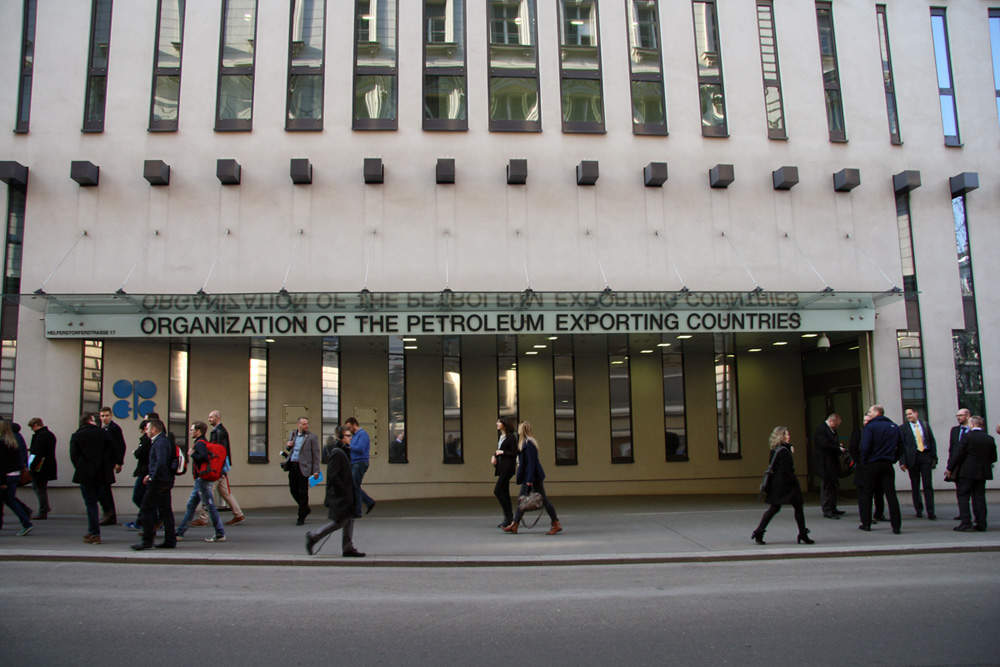

The 12 members of OPEC met on Thursday to discuss ongoing strategy. Following a wider meeting of oil market players in Doha earlier this year which failed to come to any consensus on oil price capping and other issues, hopes were not high for any firm outcomes for the 169th OPEC conference.
OPEC representatives seemed determined to put on a unified front against reports of infighting between Saudi Arabia and Iran. Mohammed Al Sada, Minister of Energy of Qatar, and President of OPEC said "the sentiment now [within OPEC] is pretty positive."
The rise of US shale and new players entering the market has led some to question OPEC’s relevance in today’s oil markets. At Thursday’s meeting, OPEC’s departing Secretary General Abdalla Salem El-Badri stated "OPEC is alive", citing its current hold on 40% of the worlds production.
The Economist Intelligence Unit’s senior commodities editor, Sebastien Marlier agrees the group is not dead yet. "There are a lot of reasons to say that OPEC is not effective at the moment, but if there are more meetings where there is a constructive tone, like this one, then we may come to the situation where … they are again willing to set some targets."
To cap or not to cap
As expected, following the conference OPEC confirmed it would not introduce new quotas, and at the proceeding press conference, El-Badri refused to be drawn on whether OPEC would ever introduce a ceiling or quotas in future. He stated "we need some time to come up with a final decision as far as how much we produce." The pressure on OPEC to institute the cap is waning, due to a recent recovery in prices and global demand expected to grow by 1.2million barrels a day over the rest of the year.
OPEC clearly sees this as a vindication of its strategy to relinquish its control on prices in 2014 and its refusal to introduce caps through 13-year price lows. "The worst is over and we all tolerated the dropping in oil price," said Al Sada. "We see vividly the [upward] trend has started." Spencer Welch, oil and gas analyst at HIS, agrees that a cap is unnecessary at present. "The market has come back into supply and demand balance, prices are coming back up and we expect that to continue," says Spencer Welch, oil and gas analyst at IHS. "A cap now is no longer relevant."
The next OPEC meeting will be on 30th November 2016. Members will be hoping for a continued rise in prices and closer co-operation. As Iran’s production increases to pre-sanctions levels, relations with Saudi Arabia may thaw, bringing OPEC more firmly onto one page.



